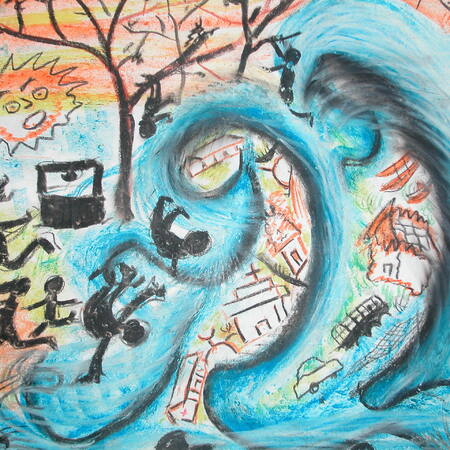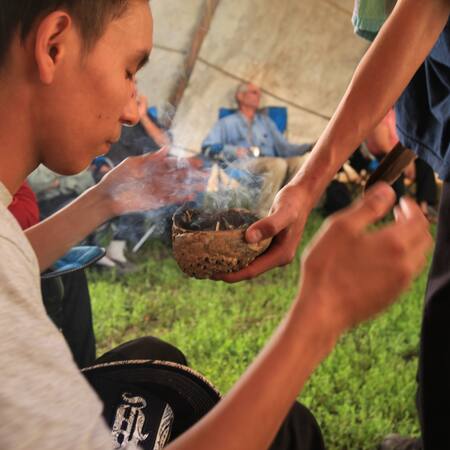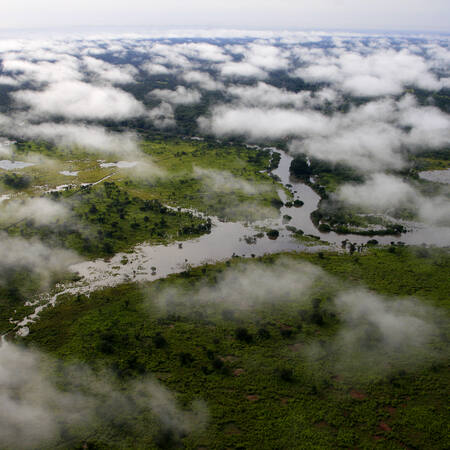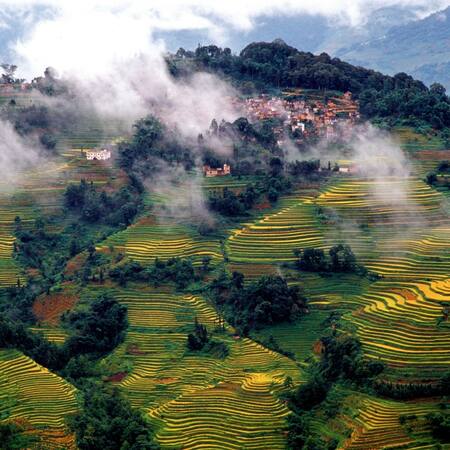World Heritage Education Programme
The UNESCO World Heritage Education Programme, initiated as a UNESCO special project in 1994, gives young people a chance to voice their concerns and to become involved in the protection of our common cultural and ...
Featured
Reducing Disasters Risks at World Heritage Properties
World Heritage properties and heritage sites in general are exposed to the impacts of natural and man-triggered catastrophic events, which threaten their integrity and may compromise their value. The loss or ...
Featured
World Heritage and Indigenous Peoples
Many cultural and natural World Heritage sites are home to indigenous peoples. As the UNESCO policy on engaging with indigenous peoples recognizes, World Heritage sites are often located within land managed by ...
Featured
Post-Conflict and Post-Disaster Reconstruction and Recovery
Post-conflict and post-disaster reconstruction became an increasingly important issue after the destruction of cultural heritage sites in countries such as Afghanistan, Iraq, Libya, Mali, Nepal, Syria, and Yemen. ...
Featured
Central Africa World Heritage Forest Initiative (CAWHFI)
Covering an area estimated at 1.62 million km2, the forests of Central Africa are home to vital biodiversity for the planet and play a central role in climate regulation and carbon sequestration.
Featured
World Heritage and Sustainable Development
Heritage was long absent from the mainstream sustainable development debate despite its crucial importance to societies and the wide acknowledgment of its great potential to contribute to social, economic and ...
Featured





